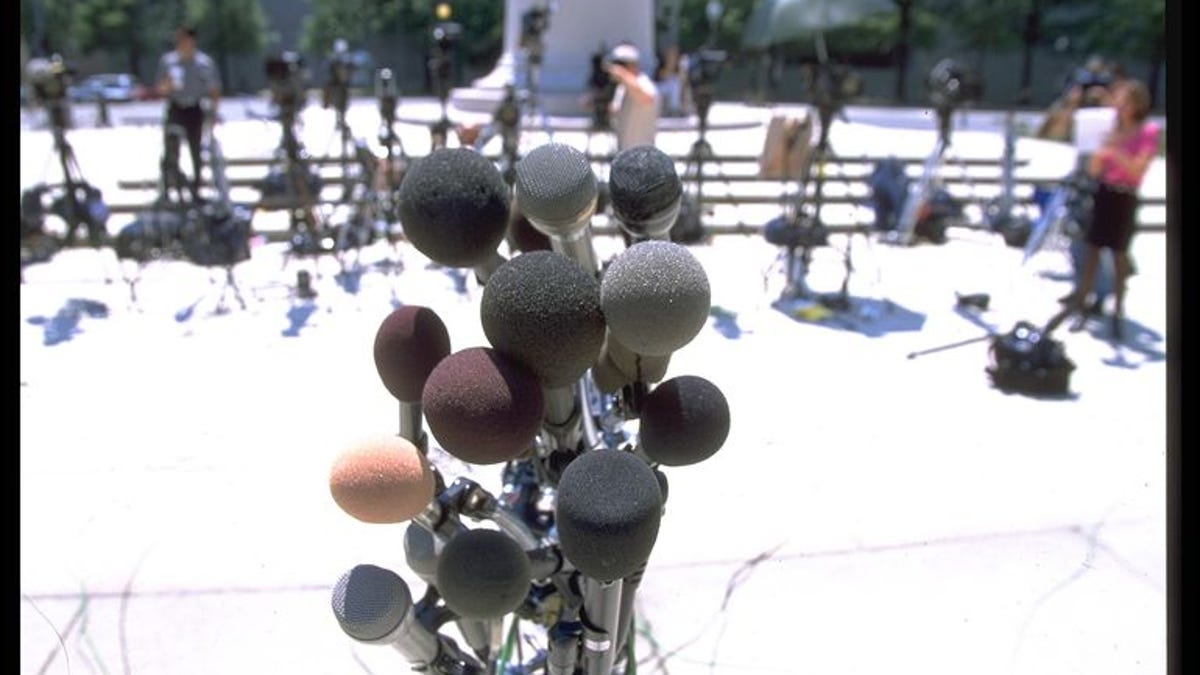With Yahoo, Microsoft faces antitrust fight once again
Microsoft once faced an epic antitrust battle in Washington, and political scrutiny of a Yahoo purchase is certain. But a lot has changed in a decade.

Microsoft's proposed $44.6 billion purchase of Yahoo could subject the software giant to the kind of critical antitrust scrutiny from Washington it hasn't experienced in nearly a decade.
There are plenty of obstacles -- including what Yahoo shareholders and board members think of the deal -- to overcome before the federal government gets involved. But there are already signs that any review will be intense.
"We will need to scrutinize the deal carefully to insure that it will not cause any harm to the competitiveness of what has been a vibrant high tech marketplace, nor negatively impact the privacy rights of Internet users," Sen. Herb Kohl, a Wisconsin Democrat and chairman of a Senate antitrust panel, said in a statement on Friday. "Should Yahoo! accept Microsoft's offer, the subcommittee expects to hold hearings to explore the competitive and privacy implications of the deal."
Kohl is hardly a friend of mergers. He and the subcommittee's top Republican, Orrin Hatch of Utah, of the Google-DoubleClick deal. Kohl asked the Justice Department to block the XM-Sirius satellite radio merger. And he wanted conditions to be attached to the combination of AT&T and BellSouth.
In addition, a constellation of liberal privacy groups already is preparing to pressure the Justice Department or Federal Trade Commission to block the deal or, at the very least, demand privacy-related concessions. (The two federal agencies share responsibility for merger review.)
"I believe the merger needs to be closely examined, including analyzing what it means for overall competition and content diversity," said Jeff Chester of the Center for Digital Democracy, which opposed Google's purchase of DoubleClick. He wants "no action on the deal until consumer privacy safeguards are enacted for the entire market, especially addressing the goals and capabilities of Google/DoubleClick and a potential Microsoft/Yahoo."
Marc Rotenberg, head of the Electronic Privacy Information Center, said "the privacy consequences for Internet users of the proposed merger should be taken into account, in addition to concerns about competition and innovation."
Those comments represent an effort on the part of liberal advocacy groups to rewrite the traditional criteria for reviewing mergers, which involve a look at how they affect the competitive landscape and whether they would promote or harm consumer welfare. The new is to argue that the privacy "quality" of the combined company's products may suffer.
For its part, Microsoft has an institutional familiarity with U.S. and European antitrust laws shared by few other companies other than AT&T and IBM. But since its antitrust trial -- which began in 1998 and led to a court-supervised settlement -- relations between Washington state and Washington, D.C. have become far more congenial.
No longer do Microsoft executives say "to heck with" the attorney general, and a statement from Bill Gates accusing the government of "trying to slow Microsoft down" has vanished from microsoft.com. Microsoft now outspends by far any other technology company on lobbyists, and has become secure enough in its political footing to dispatch them to use the political process to undermine its arch-rival, Google.
"The argument that #2 and #3 have to get together to compete against #1 is usually not a good antitrust argument," said First, who has not done legal work for any of the three companies. "As concentration increases in the market, it could lead to less competition, because you go from three (competitors) to two."
There are "a lot of potential issues and a lot of potential parties that could line up to sue them, from the Europeans to the federal government, and the states also could be interested in that," First said. "If this goes through, we could be in for an interesting ride."
News.com's Anne Broache contribute to this report.

